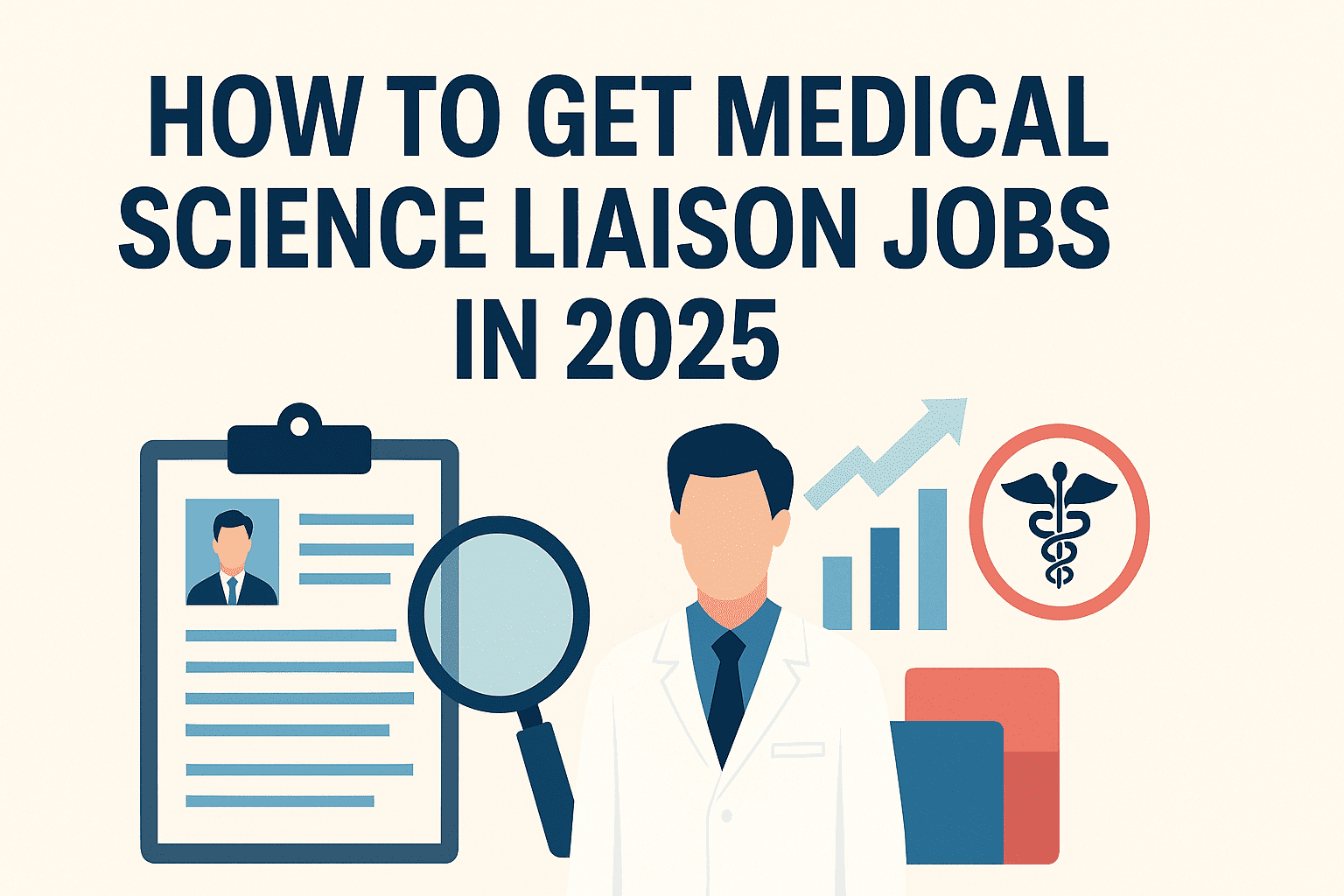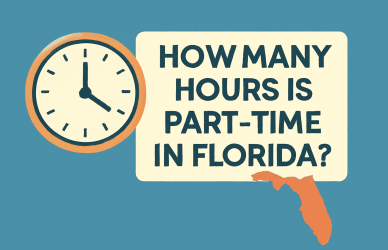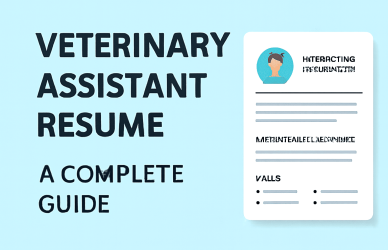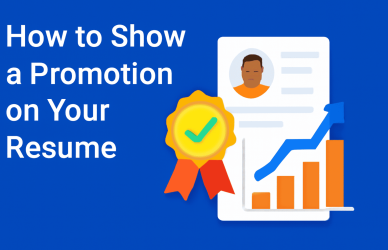Did you know the demand for Medical Science Liaisons jobs has grown by over 30% in the past few years?
What Does a Medical Science Liaison Do?
Medical Science Liaisons jobs are advanced scientific communicators who build peer-to-peer relationships with physicians and other Key Opinion Leaders (KOLs). They translate complex data, discuss evidence ethically (non-promotional), support clinical research, and educate both external clinicians and internal colleagues across a product’s lifecycle. Travel is common, and most MSLs cover a regional territory for biopharmaceutical, medical device, or diagnostic companies.
Minimum Qualifications and Who Gets Hired
- Advanced degree is strongly preferred. A large share of job postings favor PhD/PharmD/MD, though Master’s level candidates can be competitive with strong experience.
- Experience bands in postings: Many roles require 0–5 years of related experience (e.g., clinical, research, medical affairs, HEOR, trial management).
- Core skills: Interpreting clinical literature, scientific presentations, relationship-building, cross-functional collaboration, and compliance awareness.
Tip: If you do not hold a doctorate, show credible therapeutic-area depth (publications, abstracts, trials, or guideline literacy) and real-world collaboration with HCPs.
A Realistic 7-Step Plan to Land an MSL Job
1) Pick and Prove a Therapeutic Area (TA)
Choose a TA that matches your background (e.g., oncology, cardiology, neuro). Build a TA portfolio: 3–5 seminal trials summarized, your commentary on the mechanism of action landscape, and the latest guideline changes—so you can speak peer-to-peer with clinicians.
2) Translate Your Current Experience into “MSL-Ready” Value
Hiring teams love candidates who already:
- Present data clearly (conferences, grand rounds, journal clubs)
- Collaborate cross-functionally (clinicians, R&D, regulatory, safety)
- Work with trials, site start-up, or investigator interactions.
- Communicate science to diverse audiences.
Document these with metrics (talks given, sites supported, timelines improved).
3) Close Knowledge Gaps with Targeted Learning
- Refresh on study design, endpoints, statistics, and real-world evidence.
- Learn the basics of medical affairs: compliant scientific exchange, fair balance, insights capture, and how evidence plans are developed.
4) Consider Recognized Pathways: Fellowships and Certifications
- Postdoctoral or industry fellowships (where available) can serve as an on-ramp to field medicine.
- The MSL-BC certification validates role-specific knowledge for candidates pivoting from academia or the clinic. Use it to structure study and signal seriousness, not as a blanket requirement.
5) Optimize Your Resume and LinkedIn for “MSL Signals”
- Headline and about: “Aspiring Medical Science Liaison – [TA] | Evidence Synthesis | KOL Engagement | Clinical Trials Support”
- Experience bullets: Lead with outcomes tied to MSL competencies (e.g., “Presented Phase 3 data to 120+ cardiologists; captured 18 structured insights informing evidence plan”).
- Featured section: Link posters, publications, slide decks, and your TA portfolio.
- Skills: Scientific exchange, KOL mapping, literature evaluation, trial operations, medical writing, compliance.
6) Network with Purpose (Not Just Volume)
- Follow and engage MSL leaders, Medical Affairs groups, and TA-specific societies.
- Request 15-minute informational calls with first-role MSLs in your TA; reverse-engineer their transitions and interview prep.
7) Master the MSL Interview Loop
Expect case prompts like:
- “You’re meeting a new KOL next week: how do you prepare?”
- “A physician raises an off-label question: what do you say and do?”
- “How would you map your territory and prioritize accounts in the first 90 days?”
Build a one-page 90-Day Plan (territory analysis, KOL priorities, key congresses, insight themes, internal education you’ll lead).
How to Get Experience If You’ve Never Been an MSL
- Clinical trials bridge: Support PI/CRC work, feasibility, or data monitoring at your institution.
- Evidence communication: Give CME-style talks, lead journal clubs, and write short TA briefs.
- Congress practice: Summarize 3–5 late-breaking abstracts after a major congress; share compliant synopses with your network.
- Medical writing: Draft lay summaries and mechanism one-pagers practice explaining complex data clearly.
ATS-Friendly Resume Template to Use (Copy/Paste)
- Name | Degree(s) | City, Country | Email | LinkedIn
- Headline: Aspiring Medical Science Liaison – [Therapeutic Area]
- Summary (3–4 lines): Scientific communicator with [degree], [X] peer-reviewed outputs, [Y] invited talks; experienced in trial support, evidence synthesis, and multi-stakeholder collaboration.
- Core Skills: Scientific exchange • KOL engagement • Literature appraisal • Trial operations • Insights capture • Compliance • Medical writing
- Experience:
- Role, Institution/Company — Dates
- Quantified accomplishment tied to MSL skill
- TA-specific outcome with data literacy
- Education and Training: Degree(s); fellowships; certifications (e.g., MSL-BC if applicable)
- Publications / Posters / Talks: Selected, recent, TA-relevant
- Professional Affiliations: (Medical Affairs groups, TA societies)
Strategic Job Search Checklist
- Define TA and assemble a 10-page portfolio.
- Rewrite resume/LinkedIn for MSL signals and keywords (MSL, medical affairs, scientific exchange, KOL, clinical evidence).
- Identify 30 target companies (split: pharma, biotech, med-device) and set alerts for “medical science liaison jobs and [TA/region]”.
- Book 10 info calls with first-role MSLs in your TA.
- Do 3 mock interviews covering compliant scientific exchange scenarios.
- Prepare a 90-Day Plan and two 5-minute trial summaries (pivotal study + real-world data).
- Negotiate using current benchmarks, including base salary, bonus, car/territory allowance, sign-on bonus, and equity (where applicable).
By following this approach, it is easy to secure a successful Medical Science Liaison job and launch a career in this field. The MSL role is competitive, but with focus and persistence, you can break in. Start by building your therapeutic area portfolio today, and within months, you’ll be interview-ready
FAQ’s
1. Do I need a doctorate to get hired?
Not always, but many listings prefer PhD/PharmD/MD. Strong Master’s candidates can succeed by demonstrating TA depth, trial literacy, and polished scientific exchange.
Not always, but many listings prefer PhD/PharmD/MD. Strong Master’s candidates can succeed by demonstrating TA depth, trial literacy, and polished scientific exchange.
2. Is certification required?
No, but the MSL-BC can help structure your learning and signal commitment, especially for career changers.
No, but the MSL-BC can help structure your learning and signal commitment, especially for career changers.
3. How much travel is typical?
Travel of 60–80% is common, depending on the territory size and congress cadence.
Travel of 60–80% is common, depending on the territory size and congress cadence.






